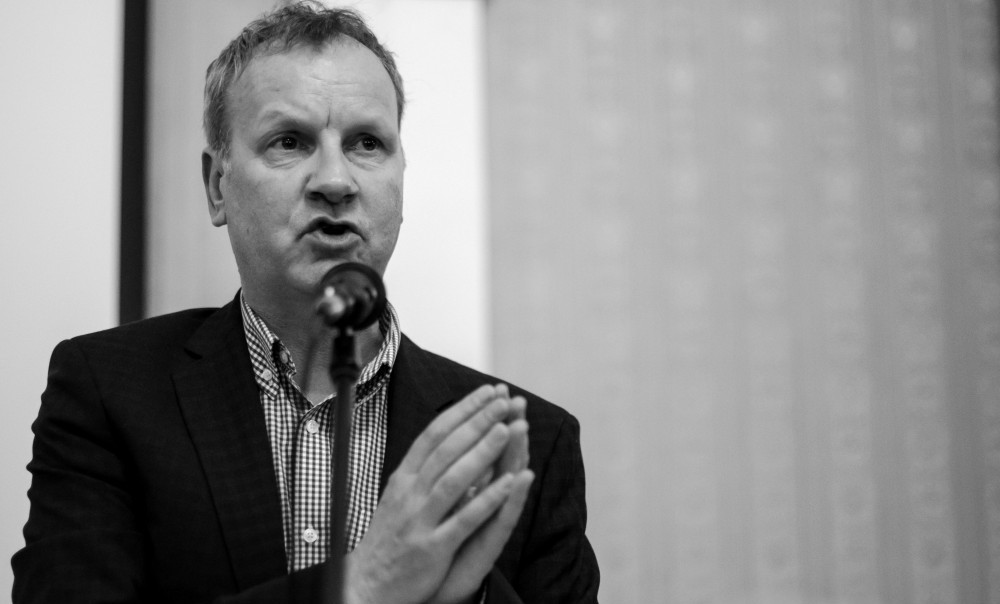The debate about Scottish independence took a rather bizarre turn last week when Labour leader, Ed Miliband, tried to suggest what my identity would be after independence. This is when Ed Miliband revealed that the referendum for independence would be a choice between Scottishness and Britishness.
Not only is this ridiculous, it is geographically impossible. That is, unless Ed Miliband intends to take his party’s obsession with “separation” to a new level by building a channel across the border after independence.
I am British because I live in the northern part of the island of Great or Greater Britain. I am British in the same way that someone from Stockholm is Scandinavian and in the same way that Ed Miliband is also British because he lives in the southern part of this island. It’s basic geography and it is astounding he is unaware of that. He also has absolutely no right to tell me what I can call myself after independence, when I will, of course, still be both Scottish and British.
To be charitable, what Ed, in his confusion, was perhaps trying to suggest, is that I would no longer be “culturally” British because I would be changing my nationality from UK to Scottish. After independence, we will continue with a social union with England and we will also celebrate all the amazing achievements and relationships we have shared.
This is a basic failure to understand what independence is striving to achieve. What independence will mean is that Scotland will leave the UK state with the return of currently reserved powers to the Scottish Parliament. The referendum on independence will be – or at least ought to be – about where power should reside. It has absolutely nothing to do with Britishness or Britain, just as the UK state also has nothing to do with Britishness.
Ed Miliband, like so many other unionists, is becoming increasingly obsessed with identity, flags and nationality, and in being so, is seeking to deny us our geography and our shared culture and heritage. What we will do is to continue to invest in our cultural ties with the rest of the United Kingdom and we will build on our social union in a spirit of co-operation, equality and self respect.
